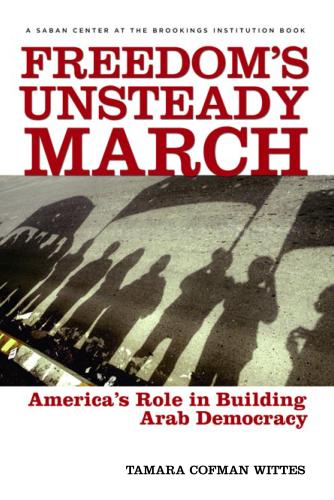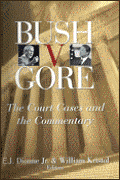The power of the presidential veto is a formidable one, enabling executives to play a critical role in lawmaking, and providing an important check on the Congress. Despite the fact that President Bush is an assertive president, particularly in the realm of foreign policy, he has yet to veto a single bill after more than five years in office. This is extremely unusual—the last such president was Thomas Jefferson. While the first two years of the Bush administration represented a period of narrowly divided government, Republicans subsequently have controlled the House, Senate, and White House. Even so, President Bush’s record is unique. Beginning with President Truman, there were 24 years of unified government in which presidents cast vetoes, on average, two times per year. President Bush has instead only threatened to veto bills on numerous occasions. A look at the Bush presidency in the historical context of post-WWII presidents who similarly governed during periods of unified government, with an emphasis on personalities, political institutions, and key events that have helped shape the veto-less presidency, may shed light on President Bush’s veto-free record.
Not since Thomas Jefferson has a two-term president refrained entirely from exercising the veto. With each passing day, President George W. Bush moves closer to a precedent set only by Jefferson. Perhaps the most unique feature of the Bush administration is its protracted period of unified party control of the government, a stark contrast to the divided governments of George H. W. Bush and Ronald Reagan.







